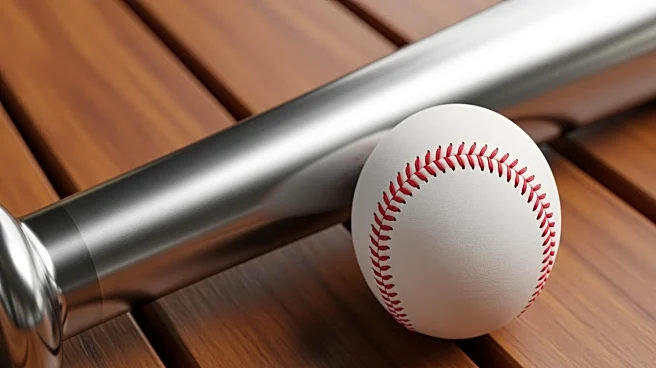Rapid Read • 8 min read
Carl Ledbetter, Partner Head of Design for Xbox Devices at Microsoft, has shared reflections on the Xbox Series X|S as the generation comes to a close. Ledbetter, who has been with Microsoft for 30 years, highlighted the design philosophy behind the Xbox Series X and Series S, emphasizing their power, efficiency, and integration into modern living spaces. The Xbox Series X was designed as a powerful, sleek device with a vertical tower form, while the Series S focused on compactness and efficiency. Microsoft is transitioning towards publishing over platform operation, with Xbox Game Pass and popular games driving profits. The company is also exploring partnerships with PC OEMs, hinting at potential new gaming hardware models.
AD
The reflections by Carl Ledbetter underscore Microsoft's ongoing commitment to gaming hardware innovation despite industry shifts. As Microsoft moves towards a publishing-centric model, the design and development of new hardware remain crucial for maintaining competitive edge against rivals like PlayStation. The potential expansion into partnerships with PC OEMs could redefine Microsoft's gaming hardware strategy, possibly leading to a new licensing model similar to Windows PC. This transition could impact the gaming industry by altering hardware availability and consumer choices, while also influencing Microsoft's market positioning and profitability.
Microsoft is set to continue its hardware journey with a new Xbox console featuring AMD chips, maintaining compatibility with existing Xbox libraries. The company is also exploring the Xbox Ally PC gaming handheld, indicating a broader hardware strategy. As Microsoft becomes increasingly AI-focused, speculation about the future of Xbox hardware persists. However, the partnership with AMD suggests continued investment in console development. The industry will be watching how Microsoft balances its hardware and software strategies, and whether it can sustain consumer interest amid rapid tech changes.
Microsoft's shift towards AI and cloud computing raises questions about the long-term viability of its hardware platforms. The company's ability to innovate in hardware design, as demonstrated by Ledbetter's team, will be crucial in navigating these changes. Ethical considerations around AI integration and consumer data privacy may also emerge as Microsoft expands its tech focus. The cultural impact of gaming hardware evolution, including accessibility and user experience, remains a significant aspect of Microsoft's strategy.
AD
More Stories You Might Enjoy












